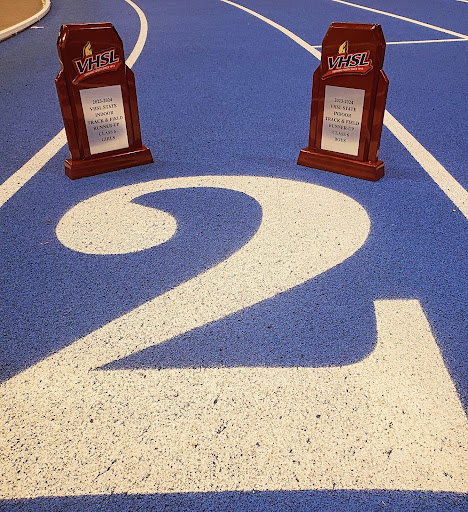‘Last Great Race’ inspires Spartans
“Mush! Hike! All right! Let’s go!” These were the sounds filling the frosty, morning Saturday, March 2nd, as the “Last Great Race” Iditarod began for the fortieth time.
Each year, mushers and their sled dogs from all around the world race across 1150 miles of unforgiving Alaskan terrain with only the supplies their sleds can hold, the clothes on their backs, and the dogs these men and women trust with their lives. Mushers have to check in with Iditarod officials and refuel at 23 check points between Anchorage and Nom. The ground the racers have to cover in between are littered with icy rivers, towering mountain ranges, dense forests, and expansive tundra. This year, of the 66 mushers who started the race, 12 were forced to drop out within the first two weeks. It is no surprise few can handle these conditions, with temperatures far below zero that would make even the most enthusiastic winter-weather- loving people opt to stay in and warm up by the fire, and that’s without the wind chill.
Only a very dedicated person, a debatably crazy person, would choose to run this race. For some mushers, crazy seems to run in the family. Two sets of siblings, Lance and Jason Mackey and Anna and Kristy Berington are competing against each other in this year’s race. But luckily for the Mackey brothers, winning is also in their blood, as their father Dick won the Iditarod in 1978 and their brother Rick won in 1983.
Locals and fans of the race from all over come out to support the mushers at the start and along the check points.
“When I lived in Alaska, I saw the start of the Iditarod every year from 4th to 6th grade”, said Junior Jennifer Zimmerman “we had a tradition where we kept our Christmas lights up on our houses until the last runner crossed the finish line.”
For Alaskan children, the Iditarod is an exciting event; young students even track the racer’s progress in school.
“At the ceremonial start of the race, mushers throw out little dog booties to spectators, which protect their paws from the ice and snow. I still have mine,” said Zimmerman.
WS sophomores read Winter Dance, a memoir by Gary Paulsen in which he tells details of his rookie race.
“My favorite part of the book is when a little boy brings Paulsen multiple bowls of chili, it shows that the runners are really grateful for the people’s help along the way,” said sophomore Kaylee Hoover.
Though the mushers have incredible endurance, the dogs make the race possible. It is a common misconception that all the dogs are huskies, like they show in movies; however the breed is less important than the athletic body necessary to run the race.
“Mushers name their dogs after they begin to train them, so each dog’s name reflects his or her personality,” said Zimmerman.
No matter what place runners finish in, finishing at all is a major accomplishment.
“The commitment mushers have to go through with the race is really inspiring,” said Zimmerman.





